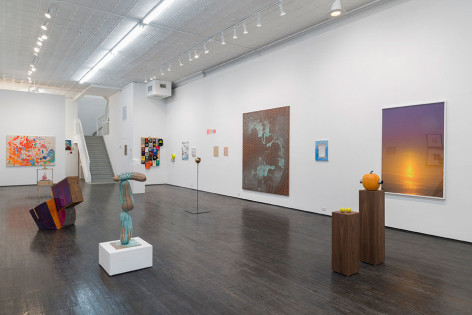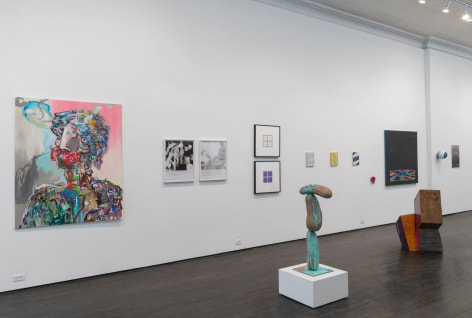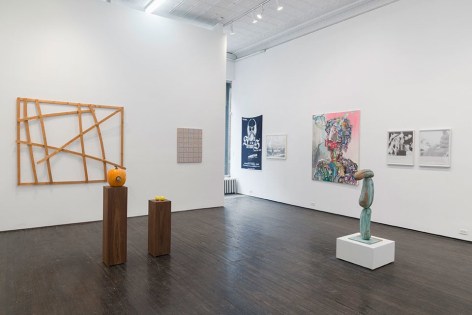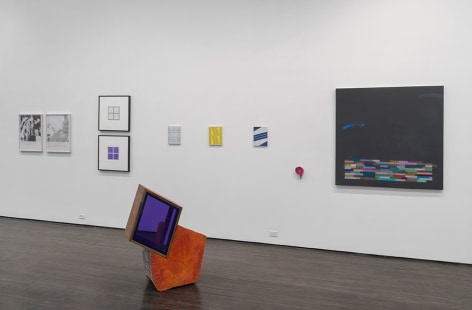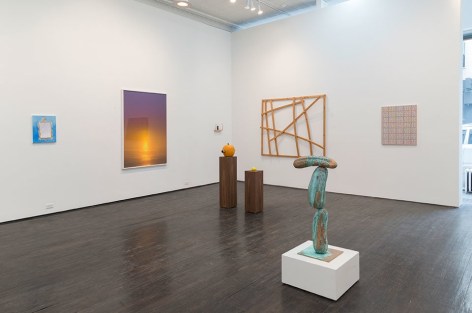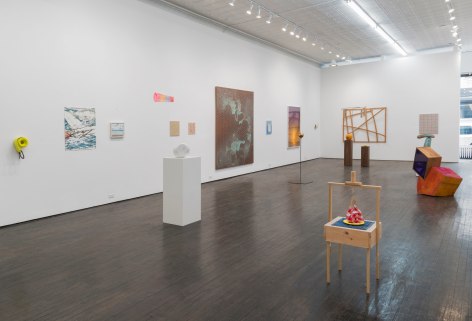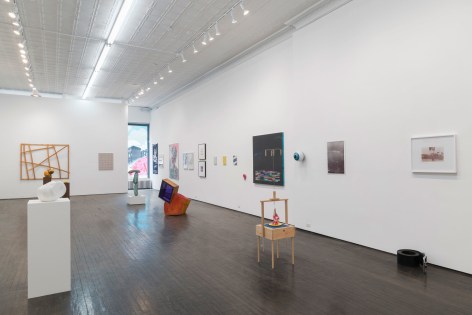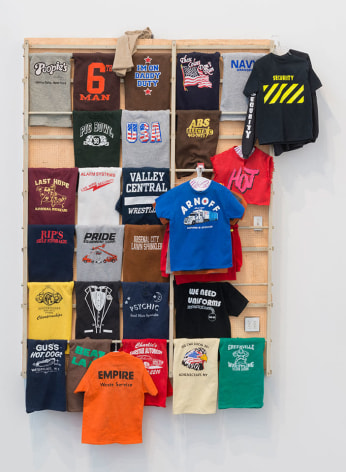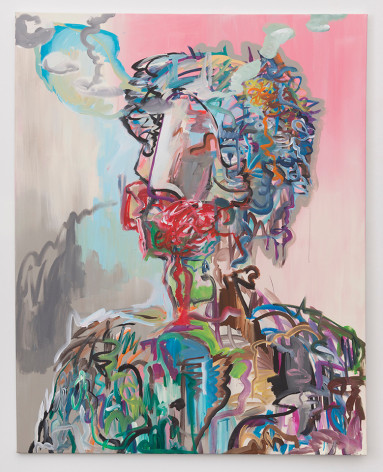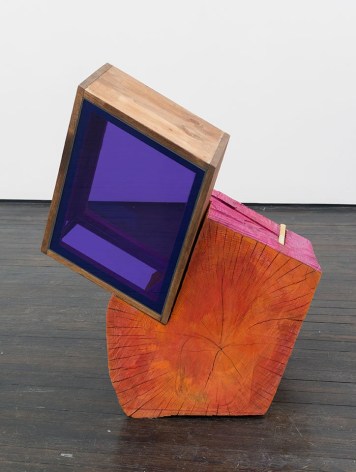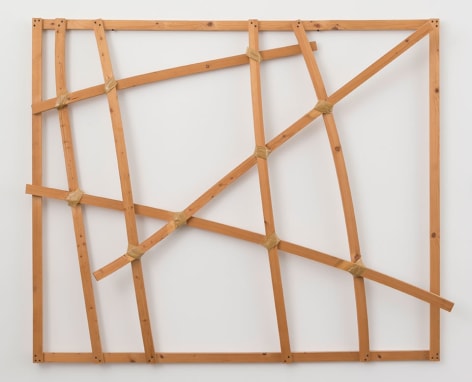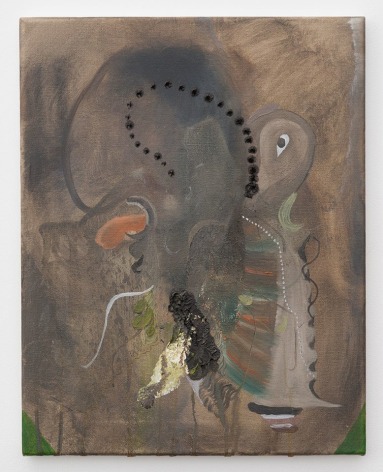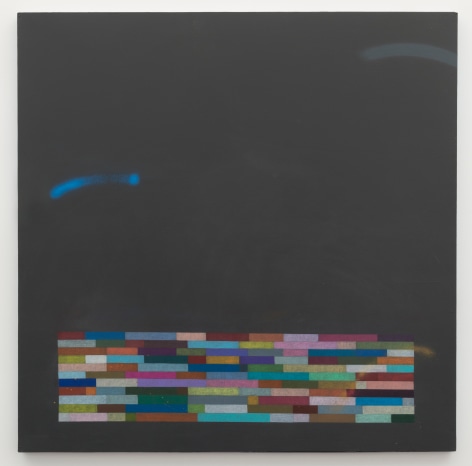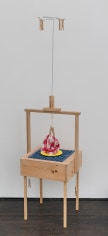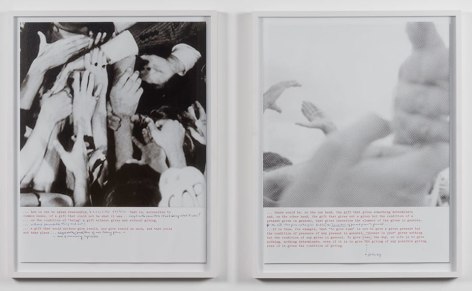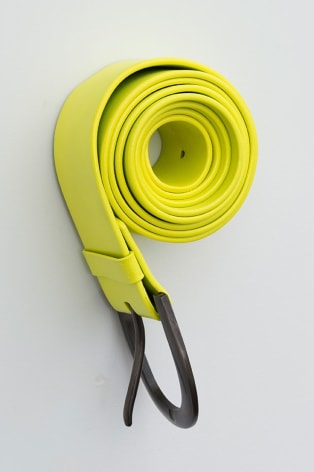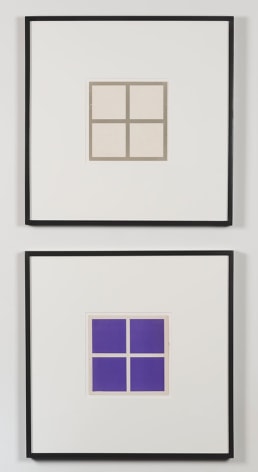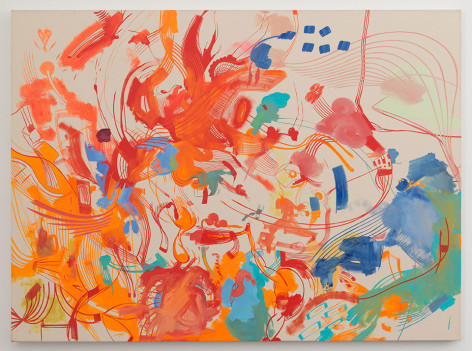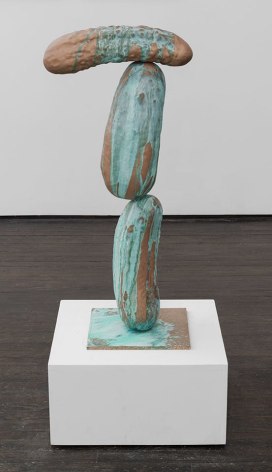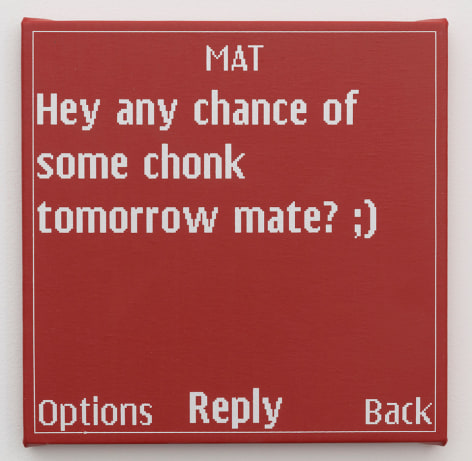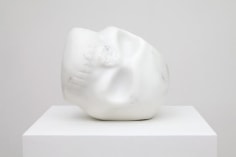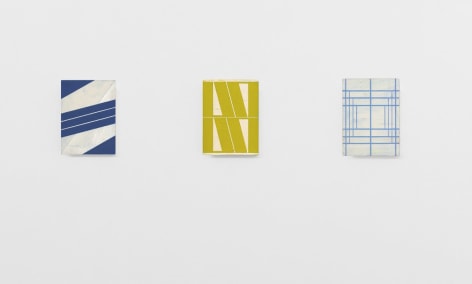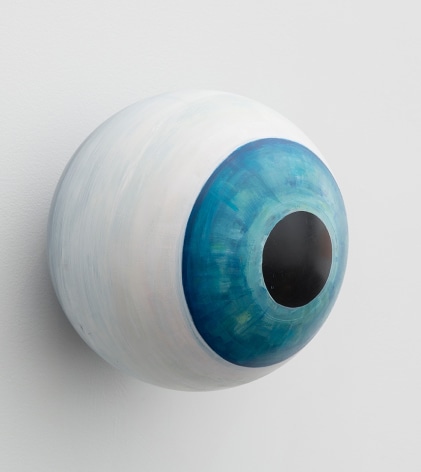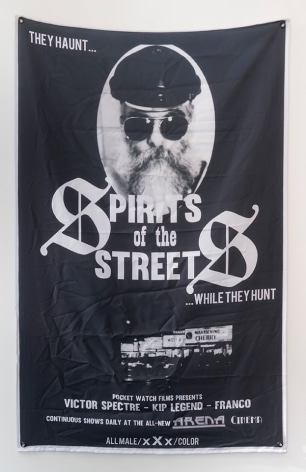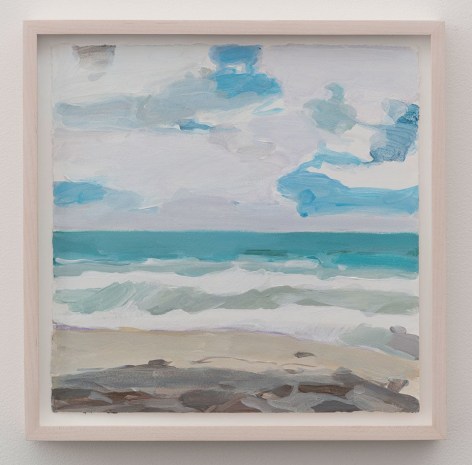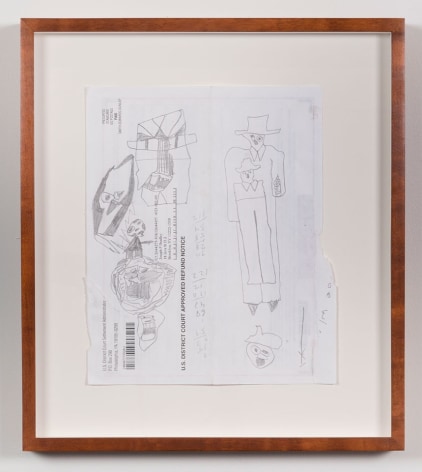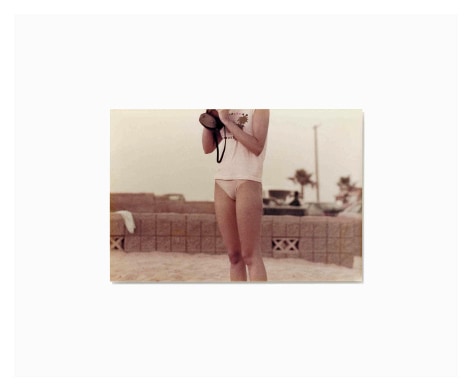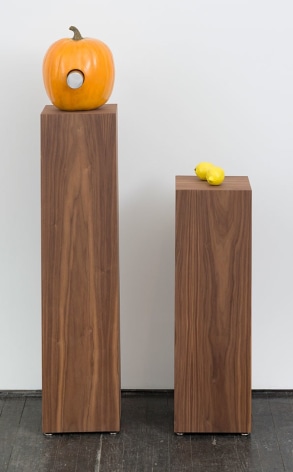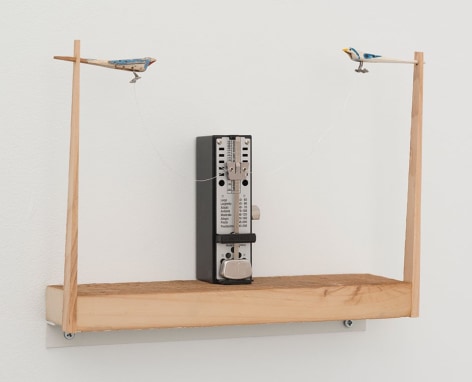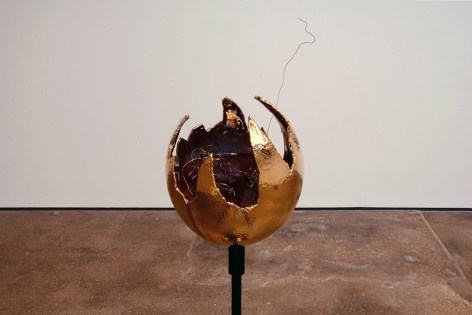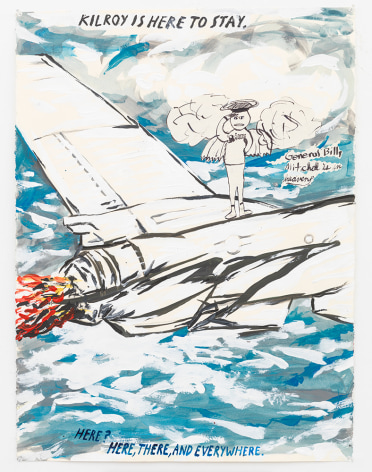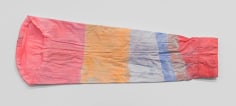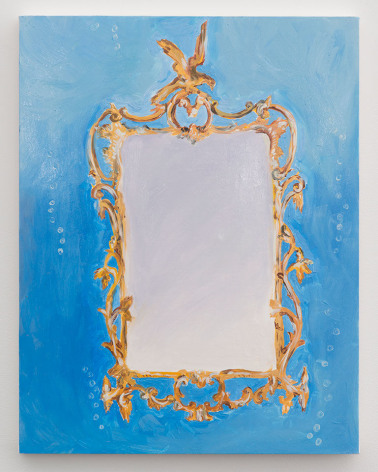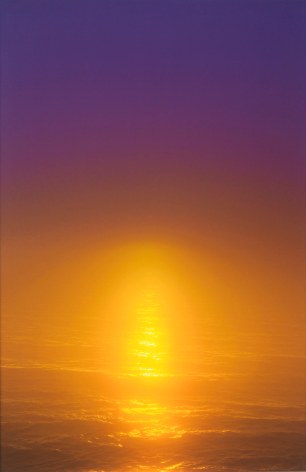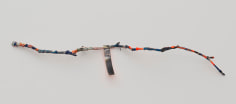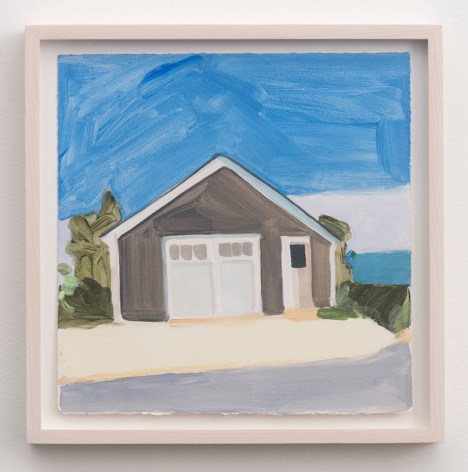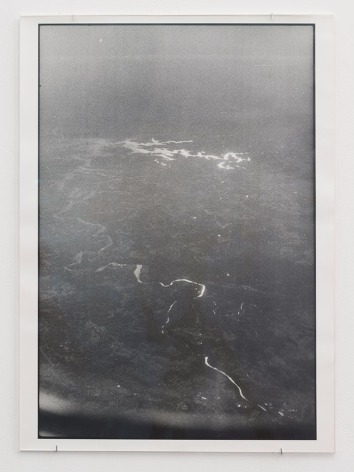For For thirty years, Jack Hanley Gallery’s artistic agenda has remained focused on discovering and fostering talented emerging contemporary artists. Jack Hanley Gallery was established in 1987 as Trans-Avant Garde Gallery in Austin, Texas. In 1990, Hanley moved the gallery to San Francisco and changed the name officially to Jack Hanley Gallery. During his ten-year residency at 395 Valencia, Jack Hanley Gallery became synonymous with the Mission District, fostering local artists that came to be known as “The Mission School.” In 2008, Jack Hanley Gallery relocated to New York City, closing both San Francisco and Los Angeles galleries. The gallery moved to its present pre-war building at 327 Broome Street in 2012. Beyond its immediate artistic program, the gallery has also organized regular projects, published artist books and printed limited edition posters.
| D.L. Alvarez | Meredith James | Bill Owens |
| Michael Bauer | Xylor Jane | Djordje Ozbolt |
| Alain Biltereyst | Karen Kilimnik | Raymond Pettibon |
| Nayland Blake | Ajay Kurian | Jack Pierson |
| Joe Bradley | Jim Lambie | Scott Reeder |
| Sarah Braman | Charles LeDray | Tyson Reeder |
| Anne Collier | Margaret Lee | Michael Sailstorfer |
| Fergus Feehily | Zoe Leonard | Sally Saul |
| Heid Hahn | Thomas Locher | Rirkrit Tiravanija |
| Robert Gober | Nikki Maloof | Hayley Tompkins |
| Maureen Gallace | Alicia McCarthy | Tilman Wendland |
| Georg Herold | Keegan McHargue | Sue Williams |
| Matthew Higgs | Jonathan Monk | Erwin Wurm |
| Elizabeth Jaeger | Dugan Nash | B. Wurtz |
EH: When did you initially start collecting?
JH: I probably started as a young child collecting baseball cards and stamps but quickly I got into music, bands and then posters for rock shows.
EH: Why does collecting interest you?
JH: Not quite sure, but I think in some way it is like the tattoos people get that reminds them they exist and where they were while existing and with whom? Plus I like the idea of completing a collection even though I never do. There is something about the pieces in the larger story that interests me, searching for the whole picture.
EH: How did this turn into your collecting art?
JH: Well as a child I never knew artists, never knew there were galleries, other than my mother who painted landscapes a bit and the inside of our house always had birds, animals, Indians, etc., directly on walls. I think while she was home with young siblings she painted on walls. Not sure since she mostly worked teaching grade school. We would go to MOMA a bit and I loved it. So I drew a lot and this lead to much later in College taking painting class, mostly to hang out with a woman (Stella) whom I liked, but also out of curiosity. I was pretty unskilled and was left alone which was perfect. Eventually, I painted 10 hours a day and I went to Grad school in it, after a BA in Native American Studies.
Collecting really developed with art later when traveling for one reason or another- to amuse myself, in my free time I'd go to museums and sometimes, especially in Europe, they would have books and cheap editions (Jahresgaben) for the members, that were connected to the Artists doing shows and helped pay for catalogue etc. I'd buy these when I could for $50-150 each and then I would try to figure out what the artist was up to. I realized they were all pretty interesting artists, so I would check out the rest of them that I had initially ignored. Pretty much that got me my Art Education.
Also reading. My grandfather had a bookstore in the Bronx called The Davis Shop, and I would "work" there on weekends and holidays as a kid and follow him around. He always let me take a book home. All kinds of books. So I loved these books and it made me think of other things outside my neighborhood. I think I still love books and editions and ephemera as much as any artwork.
EH: Do you miss being an artist yourself?
JH: I do. When I stopped painting when moving back to SF from Austin I was nervous about the gallery, rent, etc., and so I was not quite comfortable painting. I didn't have a studio either. Also wasn't sure what I thought about my work in the context of my thoughts about interesting artists to show. I always planned to get back to it. I think it affected the way I approached the gallery posters and the project-ness of it all.
EH: Do you think you are harder on painting than other mediums as you are a painter?
JH: Yes a little. Not the craft of painting but certain aspects. I have an easier time with outsider work than supposed schooled painting that either isn't aware of the wheel they are re-inventing or the rush to produce things to show. Outsider artists often produce a lot but the freedom in it is very seductive. I have a problem with hesitancy and fear in painting. Not being brave perhaps.
EH: Why do you think the style of artists has shifted as you have moved the gallery? For instance it was a more conceptual group in Austin than perhaps it is now?
JH: Well in Austin I showed in a $400 a month space and had a salary at University of Texas, Austin, so I showed friends in NY or Europe or Faculty from UT. Everyone I asked was happy to come hear music and show something. Since I had been to Europe a lot and Cologne, Germany in particular, it was a large part of my pool of people to ask to show. I liked the humor of their approach to painting and conceptual work. When I got back to SF most of my artist friends had galleries so I showed artists I knew in NY or Europe or LA. More Slacker type art, I think the critics called it. Once again it was pathetic but funny and direct. Later I started meeting more SF local artists in the Mission where I hung out and it lead to showing Street and Found material type locals.
EH: What's your favorite part about having a gallery?
JH: The Project of shows, poster, opening. I like the cycle. Different problems each month, different flashes of insight hanging out with free thinkers at times
EH: Did you ever think you would have a gallery for 30 years when you started it?
JH: I never thought of or knew anyone growing up that was ever in a gallery or later even liked galleries when I first showed in them. So no. I think I was happy just buying drawings and prints myself when at Princeton and Austin and a few friends asked me to get them one of the same, so I had to get a flat file and then a baby was born and I needed a room to put it in. Presto gallery.
